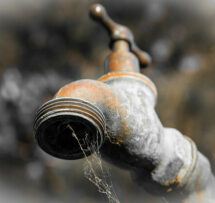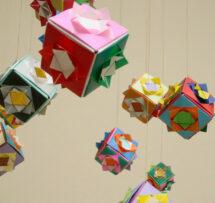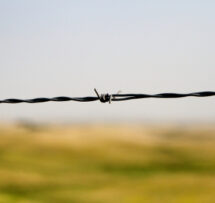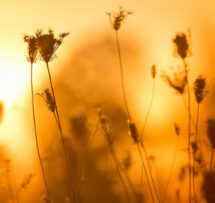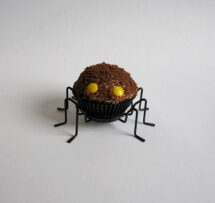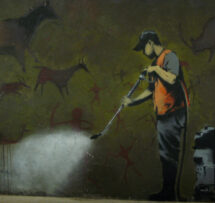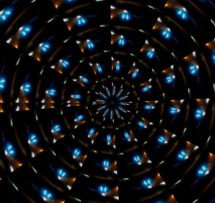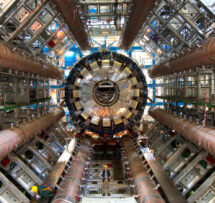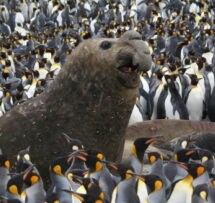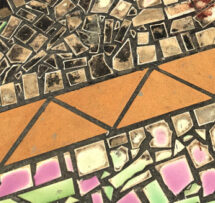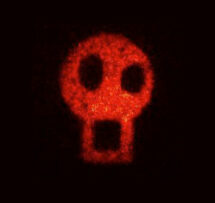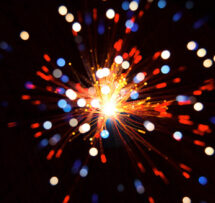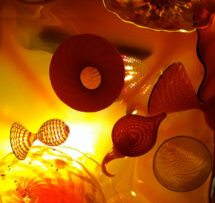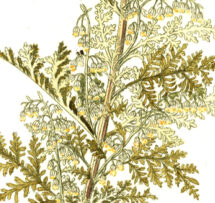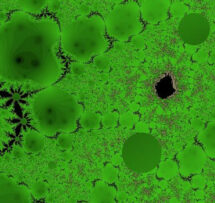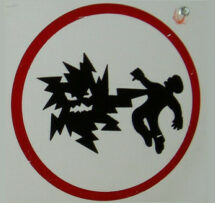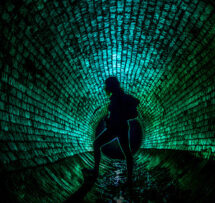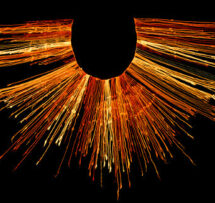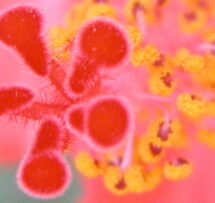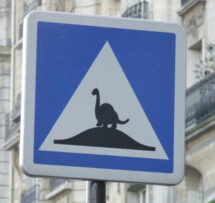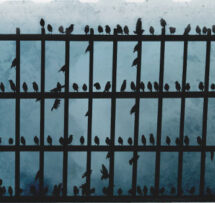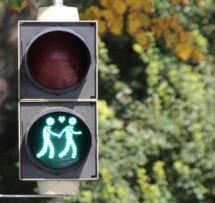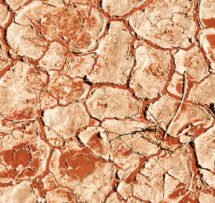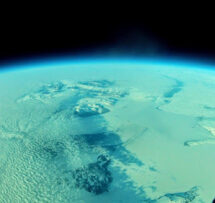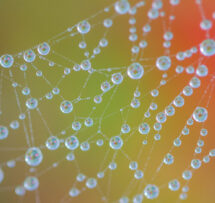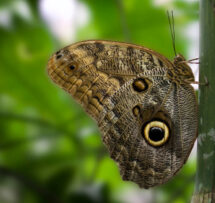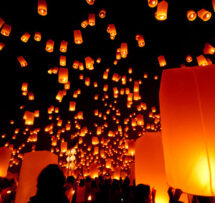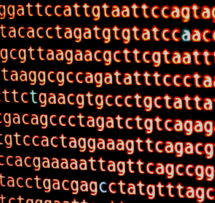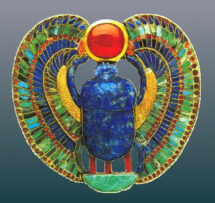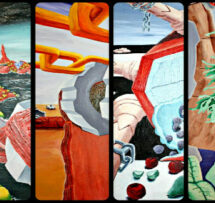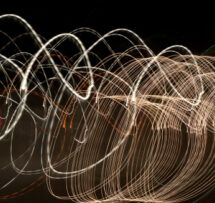Whodunnit? Unscrambling the human effect from natural climate variability
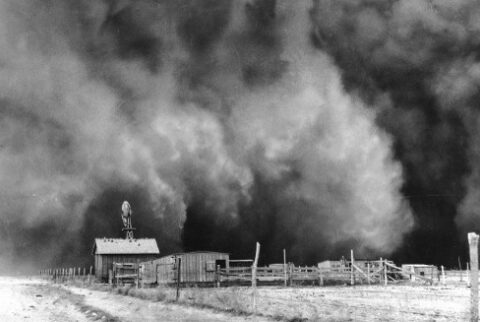
What is the fingerprint of human-caused climate change? Is today's climate system outside the zone in which advanced human societies developed? Can we blame climate change for the extreme weather in South Africa in 2015/2016? What is the feasible range to which future climate change can be limited?
And, most importantly, how does one distinguish science from non-science in the climate space?
Climate change is higher in the public attention than ever before, because of the historic agreement to reduce greenhouse gas emissions, reached in Paris in December 2015, as well as the current drought and heatwave affecting large parts of southern Africa. Nonetheless, there are persistent denialist voices in the media, claiming that this
is all just natural variability; or that it doesn’t matter; or that it is a plot to thwart development; or that there is nothing we can do about climate change anyway.
Profs Bob and Mary Scholes from Wits, who, together with Prof Mike Lucas of UCT, are coauthors of a recent book on climate change aimed at non-scientists in southern Africa, will present the science which underpins global concerns about climate change, and give guidance on how to distinguish the valid evidence from the deliberate obfuscation.
Afterwards, some of the coldest cocktails on the planet will counterbalance the effects
of global warming, while Janus van der Merwe's Donkey plays grimy (but environmentally friendly) nu jazz.
Image: The Dust Bowl in Boise City, Oklahoma, 1935 (Associated Press).

Bob Scholes
Whodunnit? Unscrambling the human effect from natural climate variability
What is the fingerprint of human-caused climate change? Is today's climate system outside the zone in which advanced human societies developed? Can we blame climate change for the extreme weather in South Africa in 2015/2016? What is the feasible range to which future climate change can be limited?
Talk by
Bob Scholes
Bob Scholes is professor of systems ecology at the University of the Witwatersrand. His research is focused on savanna ecology and climate change. During his
career, he has led several major research programmes as well as participated in the work of the Intergovernmental Panel on Climate Change (IPCC).

Talk by
Mary Scholes
Mary Scholes is a professor in the School of Animal, Plant and Environmental Sciences at the University of the Witwatersrand. She does research on soil fertility, food security and biogeochemistry in savanna,plantation and cropland ecosystems. She has leading roles in several international bodies and collaborates widely with local and international institutes.


